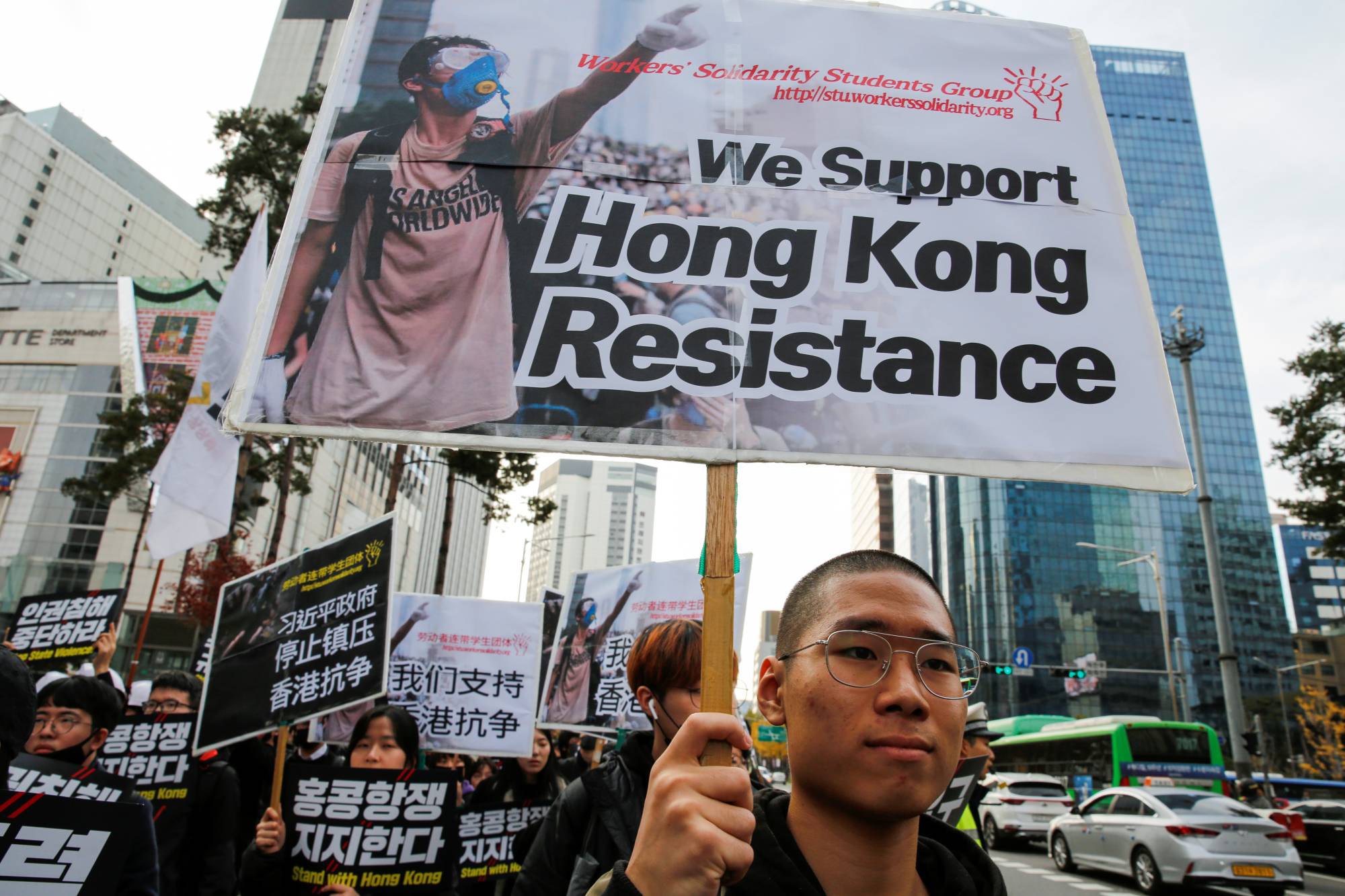In October, the 20th Congress of the Communist Party of China endorsed another five-year term for President Xi Jinping, effectively ending the practice of limiting the presidency to two terms.
It was thus also an unmistakable break with the tradition of collective leadership established in the late 1970s, after the end of Mao Zedong’s one-man rule.
China is the most notable recent case of simultaneous economic growth and increasing authoritarianism. But it is not the first. Not long ago, South Korea had its own version of “developmental dictatorship.” For much of the 20th century, Korean leaders, like China’s today, prioritized economic catch-up through mercantilist growth over a democratic transition — until democrats refused to wait any longer.



















With your current subscription plan you can comment on stories. However, before writing your first comment, please create a display name in the Profile section of your subscriber account page.